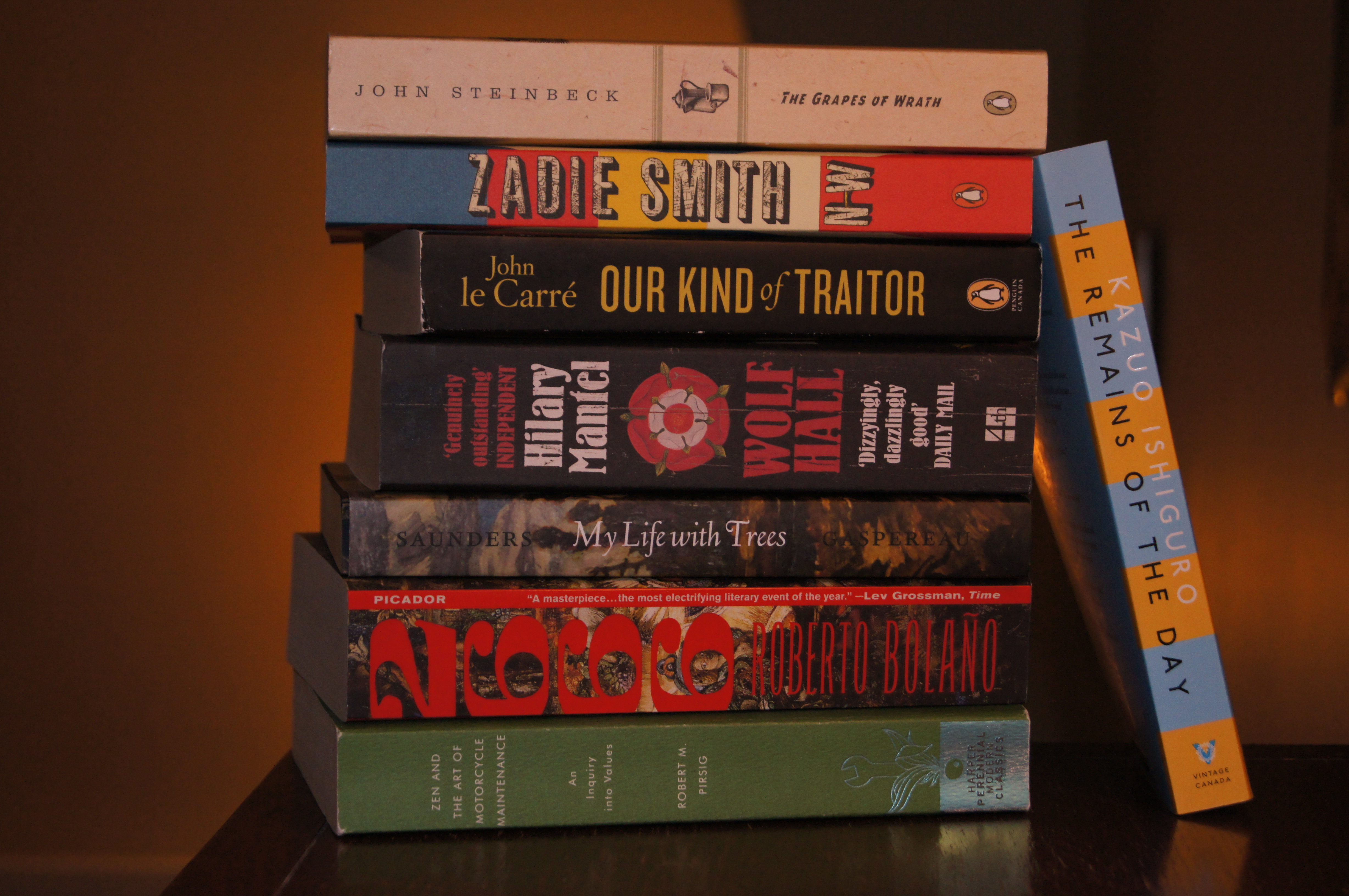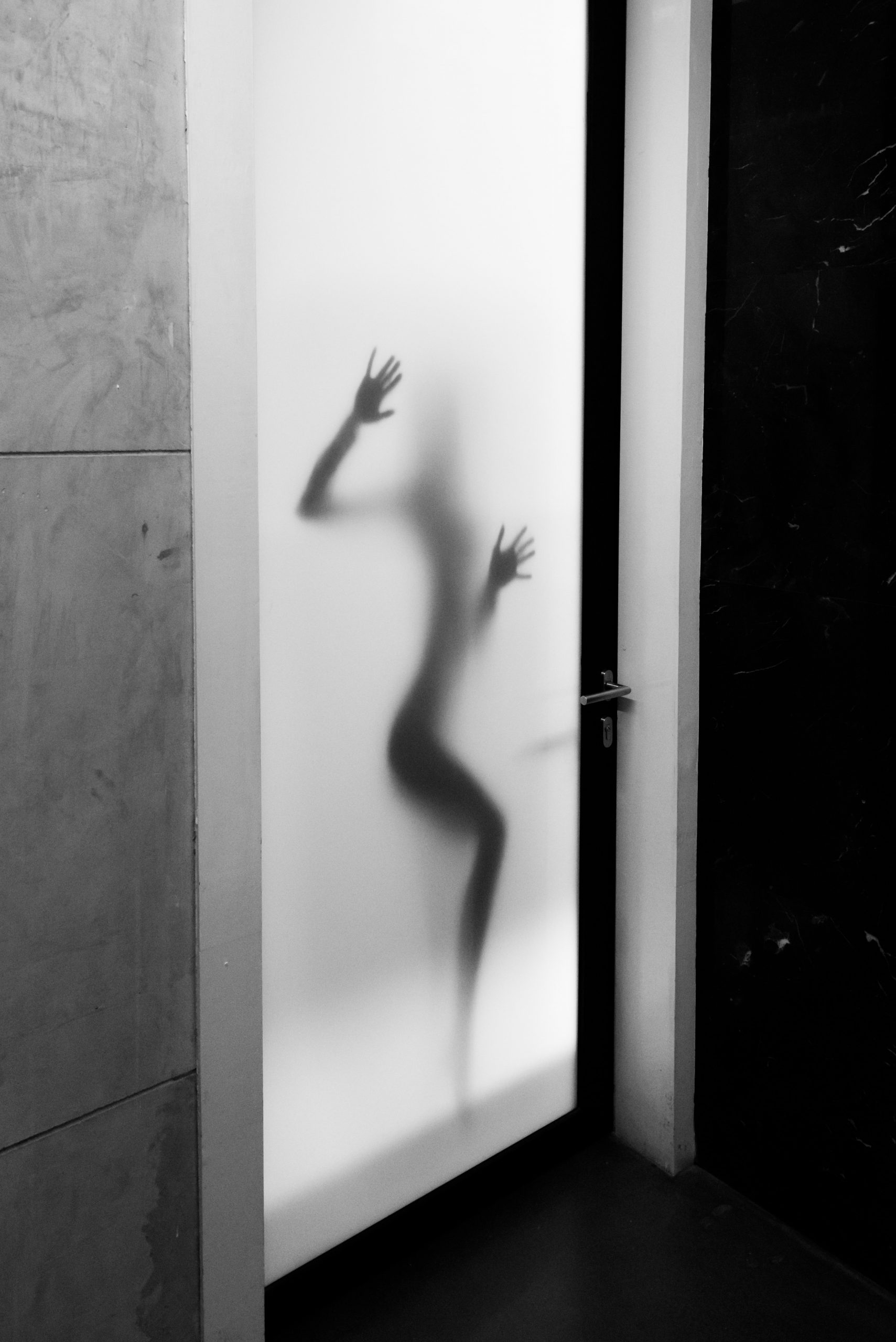Is all art equal?
Consider the proposition: certain forms of art are superior to other forms of art. Consider Shakespeare, or Dickens, or James Joyce, whose crafts have all been well-proven against the tests of time. Then consider the current glamorized reality shows such as Keeping Up with the Kardashians. Can we objectively state that one is better than the other? The truth of this argument is not obvious. Most people would say that one is clearly better than the other, and certainly worth more. The argument is then generalised: “read a book instead, all television rots your brain,” or “art ain’t like it used to be.” They will apply this same logic to music or painting.
It’s a bothersome argument. I’ll admit that as a science major, the technical domain of art is a bit mysterious to me, but it is still possible to appreciate the emotion and effort that the artist pours into their work. And if one type of art really is to be called inferior, then let us first establish a criterion for determining what art is. For now, we will go with the simple definition: art is a craft requiring human imagination and creativity. We can refine this to be a craft with the purpose of conveying a specific emotional, intellectual or ideological stimulation. It doesn’t need to be, though. The meaning can be interpreted by the audience. If we follow this definition, then inferior art is one that fails to meet this criteria, lacking in imagination and creativity.
How can we measure this? The common argument made is that television is a “lesser” art medium than literature and reading a book is a more noble pursuit of artistic inspiration than watching TV. I’ll admit that reading a book is a more engaging activity for your brain than watching television. Of that there is no doubt. But when did the purpose of art become solely engaging your brain? There are television shows with more depth, soul and thought put into them than some novels I’ve read. Is watching an artistic masterpiece or a potently realistic political-social commentary on TV less engaging than reading Fifty Shades of Grey? These questions are left for the reader to answer. This editor will only give his opinion: hold no judgement towards art based solely on its medium of delivery. Receive it with an open mind, in any form it comes to you. Only then can you truly appreciate the message it brings.
Here are some of my favourite television shows, in no strict order:
1. Deadwood: A master class in drama and language. It’s like Shakespeare set in the Wild West. The characters are so incredibly vibrant that you wish you sort of led a life like they do. You won’t really understand it until you watch it twice, but you will quickly realise that the characters you root for are more or less all terrible people. It’s HBO too, so that gives it some brownie points.
2. The Wire: A lot of TV aficionados will cite this as the greatest show ever. It’s hard to disagree. It is often touted for its stark realism, however, it tends to escape this later in the series. However, the characters themselves maintain this quality until the very end, making them and their struggles very relatable. So relatable, in fact, that for a few months after finishing the show you will constantly find yourself comparing you situation to a similar one undertaken by character X in season Y.
3. Hannibal: Recently ended. And it ended perfectly. I’m often not a fan of shows that act as prequels or sequels to major blockbuster films. Smallville, Gotham, and all that glitter never appealed to me. But Hannibal is more than that. It’s a moving canvas. It really does go for that “every frame a painting” label. The show plays on jokes and references from the movie in a smart way, albeit with grace and subtlety. And Mads Mikkelson’s performance as the cannibalistic psychiatrist will forever change how you think about cannibalistic psychiatrists.
4. Fargo: You’re lucky, because this one is still on TV, airing on FX. It’s hard for me to express exactly what makes this show so special. Like Hannibal, it also acts as a direct continuation of the Coen Brothers’ iconic movie. One thing that makes this show so special is its perfect balance between dark, twisted humour; dark, twisted violence and dark, twisted nihilism. I think it secretly acts as a philosophy course in the guise of a Minnesotan crime thriller.
5. Rick and Morty: This is an animated one, and recent too. Coming from Adult Swim, you know that the show’s humour takes many forms. In some ways, it is similar to shows like Family Guy, where immature humour hides the deep, subtle humour underneath. It also has the humour that is so powerful that after laughing you have to step back and seriously evaluate some things about your life.





